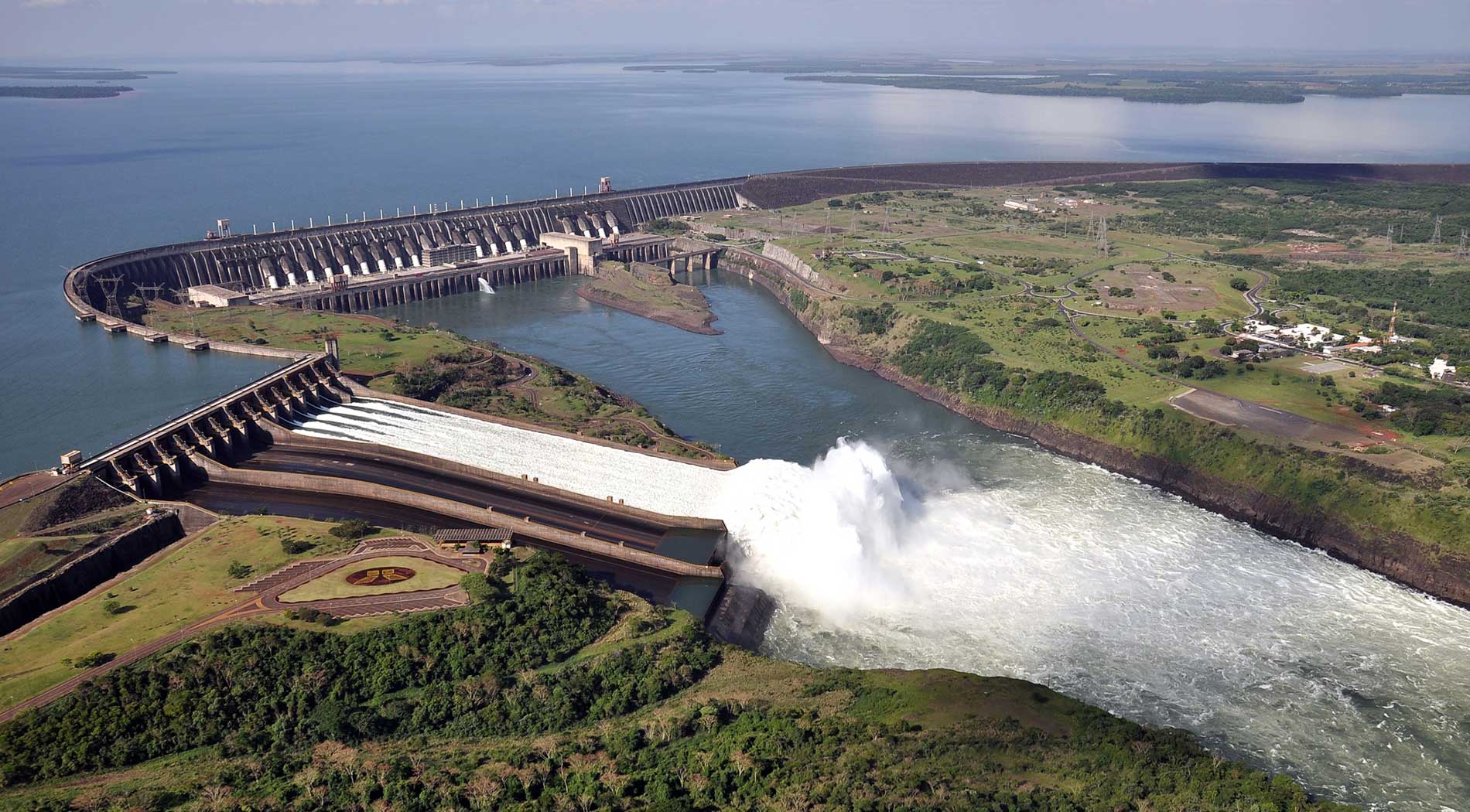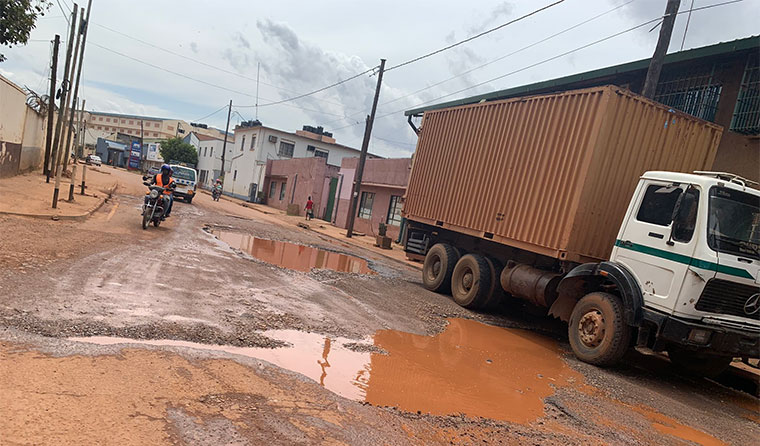The government has officially declared its decision to discontinue payments for deemed power, marking a significant shift in its energy expenditure strategy. This move comes as the Achwa and Karuma Hydroelectric power stations are set to commence operations within the year, promising to alleviate the financial burden caused by unused electricity from independent power producers (IPPs).
In the fiscal year 2020/2021, the Auditor General, John Muwanga, reported a staggering cost of 88 billion Shillings attributed to the inefficiency of paying for deemed energy. The Minister of Energy and Mineral Development, Dr. Ruth Nankabirwa, revealed that the government had been annually paying around US $24 million for deemed power since 2019, summing up to approximately 90.814 billion Shillings.
The completion of distribution networks from Karuma and Aswa Hydroelectric power stations, capable of producing 600MW and 83MW, respectively, is expected to bring relief from this financial strain. Dr. Nankabirwa underscored the significance of the power line from Karuma, which is anticipated to deliver about 200MW to West Nile. This power will cater to a demand of 11MW in the Acholi sub-region and a projected 21MW, contributing to social-economic transformation and even reaching neighboring countries such as South Sudan and the Democratic Republic of Congo (DRC).
Parliament’s Committee on Natural Resources had raised concerns last year, presenting a budget estimate of 113 billion for the fiscal year 2022/2023 to cover deemed energy costs. Dr. Emmanuel Otaala, Committee Chairperson and West Budama South Member of Parliament, highlighted the financial strain caused by the absence of robust grid infrastructure and insufficient demand, leading to costs for deemed energy.
Dr. Otaala specifically pointed out the government’s failure to complete the 132kV Gulu-Agago transmission lines, resulting in deemed energy costs for unutilized electricity from the Achwa hydropower plant. To address this, an additional 80 billion has been allocated in the subsequent financial year’s budget for contractual obligations arising from delayed power evacuation at Achwa.
In a significant move in December 2023, Parliament approved a 318 billion Shillings supplementary budget for the Electricity Access Scale-Up Project (EASP). Within this allocation, 128 billion will be utilized to connect 200,000 households, while 58 billion is earmarked to cover shortfalls in contractual obligations for deemed energy. This specifically applies to the Lira-Agago transmission line to Achwa-Agago Dam.
The Ministry of Energy is actively working towards making 300,000 connections in the fiscal year 2022/2023 under the Electricity Connection Policy (ECP). This initiative aligns with Uganda’s Vision 2040 goal of achieving universal electricity access. However, current statistics from the Electricity Regulatory Authority (ERA) indicate that only 1.7 million households are connected to the national grid, falling short of the ambitious eight million target.




















